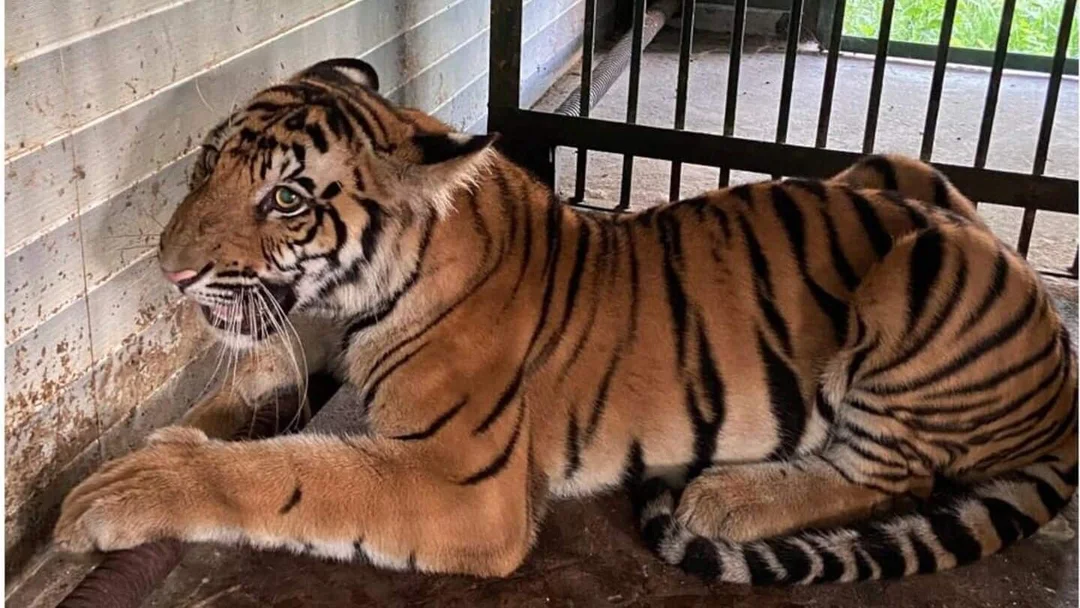
Bird Flu Scare Prompts Zoo Closures Across Uttar Pradesh
The recent detection of bird flu in a tigress at a zoo in Gorakhpur has caused an immediate response from the Uttar Pradesh government, leading to the temporary closure of several zoos across the state. This decisive action emphasizes the increasing concern for wildlife health and the potential risks posed to both animals and humans during this outbreak.
After the unfortunate death of the tigress at the Shaheed Ashfaqullah Khan Zoo, officials swiftly shut down zoos in Lucknow, Kanpur, and Gorakhpur, along with the Lion Safari in Etawah, for a week, effective from May 14 to May 20. The Chief Minister, Yogi Adityanath, directed officials to implement strict vigilance across all zoological facilities, prioritizing the safety of animals and birds.
The Central Zoo Authority has mobilized a specialized five-member team of veterinarians and pathologists to conduct thorough examinations of the animals housed in these facilities. This team will assess for any signs of bird flu and will provide a report within 15 days to determine the next steps in managing animal care in these zoos.
In the wake of the tigress's death, the health of other animals is under constant surveillance, with reports pending on the health conditions of a leopard and a wolf that also died recently in the Gorakhpur zoo. The detection of the H5 Avian Influenza strain linked to the tigress showcases the critical importance of rapid response in the face of potential zoonotic threats.
While the Lucknow Zoo reportedly has no confirmed cases of bird flu, it remains closed as a precautionary measure to prevent any possible spread of the virus and to highlight the need for proactive health checks and sanitization measures. Officials have emphasized the importance of maintaining hygiene and safety protocols in all zoos, ensuring that staff are equipped with protective gear while monitoring animal health carefully.
The response to the bird flu scare reflects a broader commitment to wildlife safety and public health. Chief Minister Adityanath has called for enhanced coordination among various departments to implement thorough sanitization of zoo environments, along with regular health screenings of animals. Such measures are deemed necessary not just for animal care, but also for protecting human populations from potential cross-species virus transmission.
As this situation unfolds, it raises critical questions about the balance needed in wildlife management strategies—ensuring animal health while simultaneously safeguarding human communities. The government's actions highlight the urgency of such debates, prompting observers to consider the implications of wildlife disease management in the context of broader environmental stewardship.
What are your thoughts on the measures being implemented for animal health and public safety during this bird flu outbreak? Have you witnessed similar responses in your area? Share your views and experiences in the comments below.